A surprising addition to the deep well of independent Aussie cinema, Birdeater is a truly impressive first outing.
Drawing clear inspiration from Australian New Wave cinema, the young directors, Jack Clark and Jim Weir have crafted a biting and subversive genre-bender that defies easy categorisation. Simultaneously unique and well-styled, surreal if not flawed, the film is a sharp examination of male archetypes and Australian masculinity, observed through the lens of a bachelor party in the rural backcountry that spirals out of control.
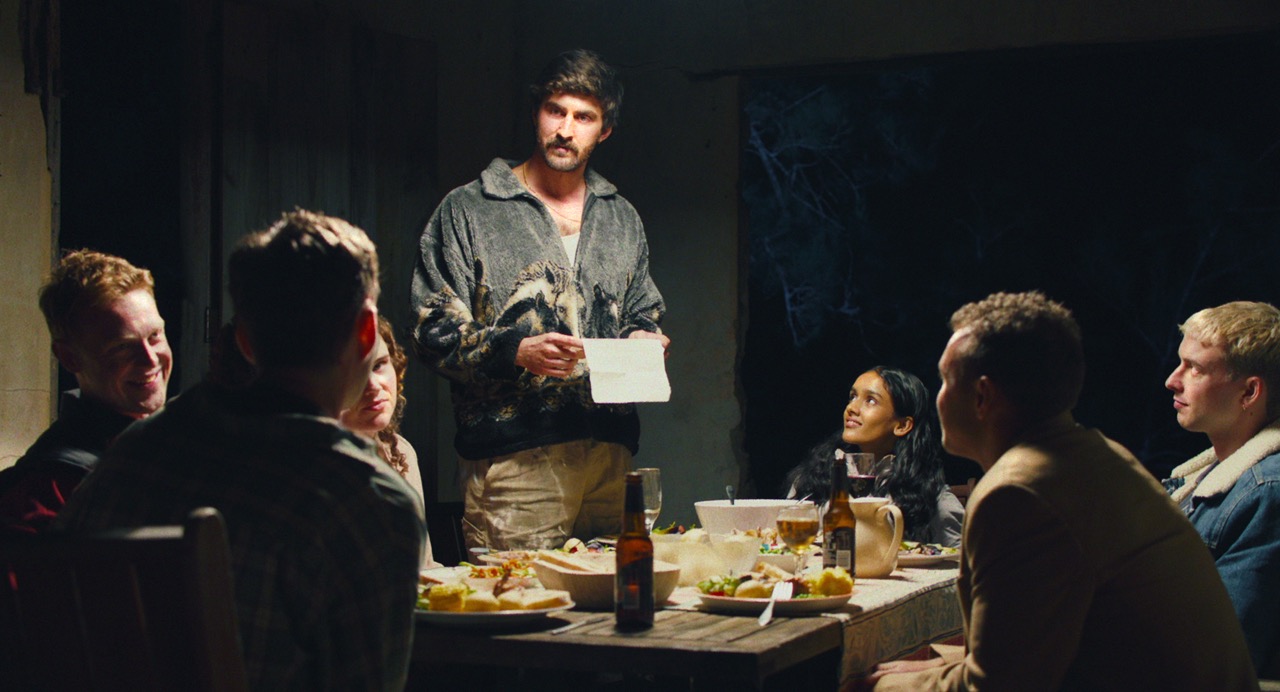
The story follows the recent engagement of Louie (Mackenzie Fearnley) and Irene (Shabana Azeez). It’s revealed that Irene suffers from crippling separation anxiety and struggles to be away from Louie. In a gesture of accommodation, Louie invites Irene along to his bucks party (that’s a “Stag Night” or “Bachelor Party” for non-Aussies). With assurances to his bride-to-be that his friends—Dylan (Ben Hunter), Charlie (Jack Bannister), Murph (Alfie Gledhill), and Sam (Harley Wilson)—won’t mind, she’s further comforted knowing that Charlie’s girlfriend Grace (Clementine Anderson) will also tag along.
Travelling into the Aussie scrub, we, the audience, are stuck in the physical and social wilderness through Irene’s eyes, a stranger among a friendship circle with a deep history. As both an outsider to the group and a woman at a “boys’” night, Irene’s discomfort is palpable and intentional. Forcing me to check my watch and the run time, the initial scenes feel oppressively drawn out as each group member is introduced. While this slow pace serves to ensure later scenes pay off, the tedium is evident. However, it makes the pig-squealing, bush-wrestling, gimp-mask-wearing scenes that follow much more impactful.
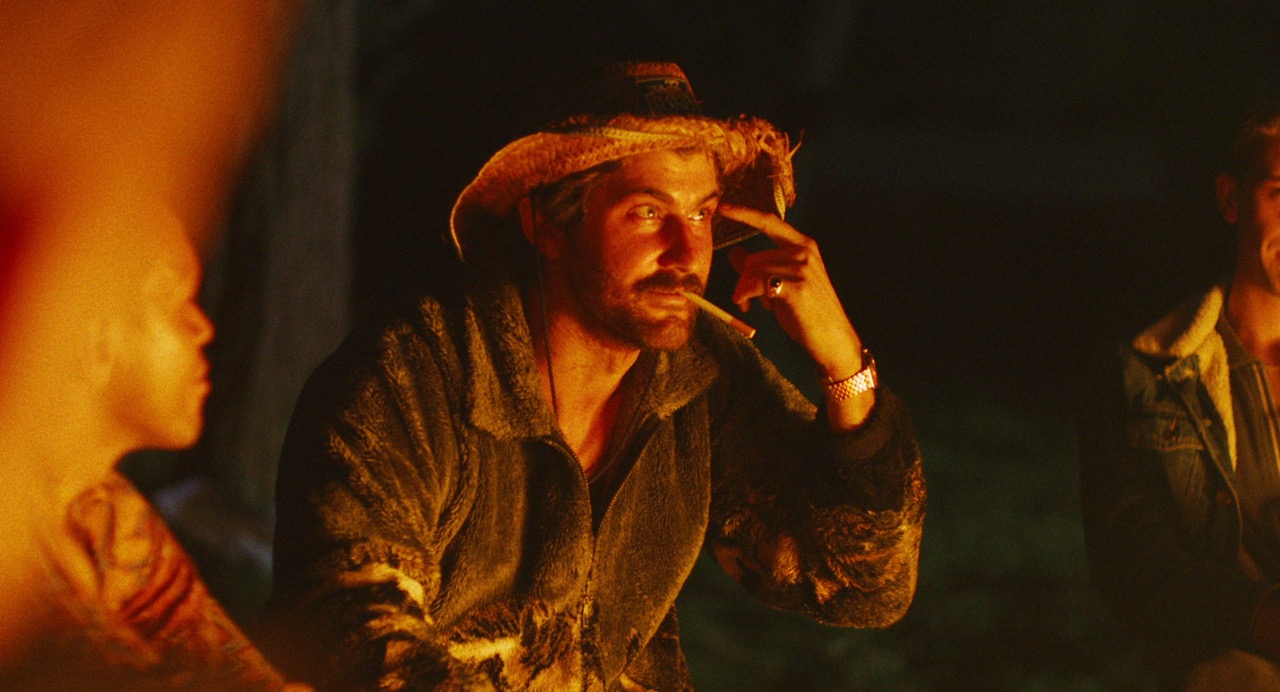
Before those drunken, ketamine-induced antics, the group assembles for dinner in a scene reminiscent of The Texas Chainsaw Massacre (1974). Congregating beneath a singular light amidst darkening scrubland, details of the party’s individual histories and secrets slowly begin to unravel. Like a game of Guess Who, the film becomes a guessing game of the lies each person is holding on to. The bitterness and jealousy within the group and the murky truths lurking within the lovers and friends at the table. As the masks slip, the situational horror subverting the expected overt horror is revealed.
We’re then treated to the film’s set piece, as a gimp-masked Louie is whisked away by his yipping-and-yahooing mates, sex doll and strippers at the ready. As the ute containing the motley crew of seemingly innocent, privately educated men barrels into the darkness fuelled by ketamine and testosterone, their true animalistic and ritualistic desires are displayed.
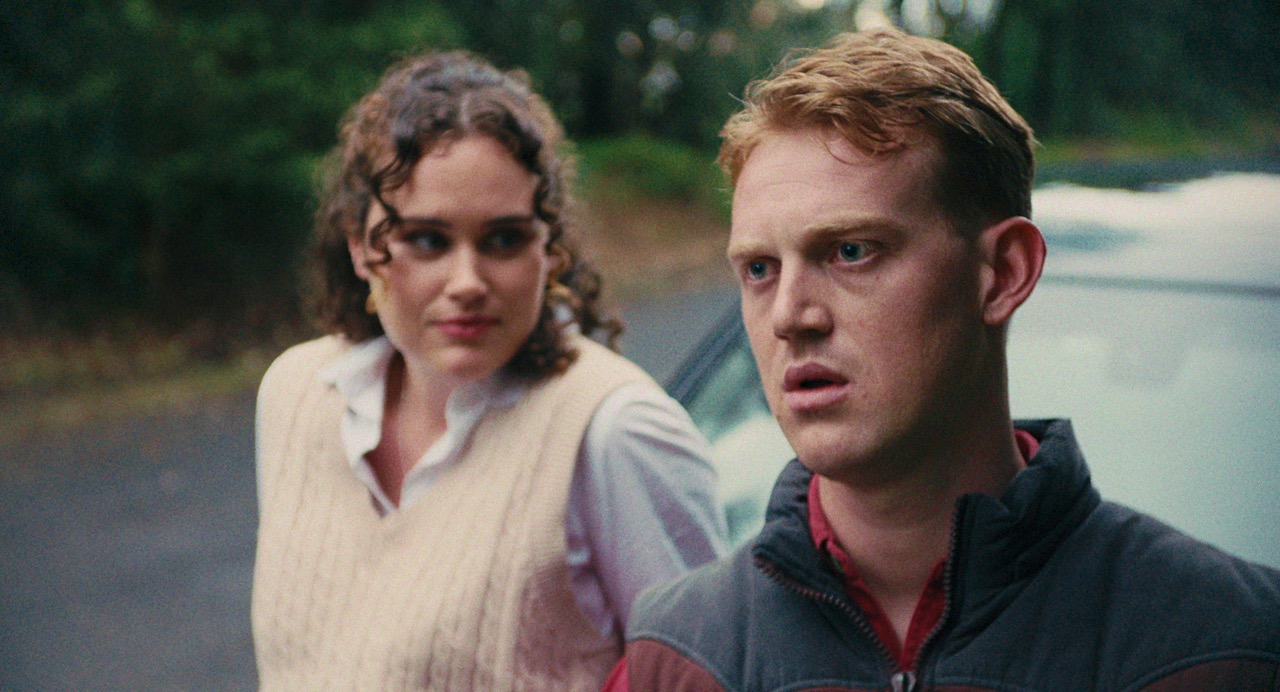
Throughout Birdeater, we see that deep down (and maybe not even that far down), these people are not what they seem. Despite their well-maintained exteriors, each member harbours a self-serving animal longing to be unleashed. The symbolism of a “boys’ night” retreating to the woods, akin to feral animals returning to the wild, is unmistakable. Interestingly, Dylan, who embodies these primal traits from the start, is sympathetically observed as being the most truthful. Despite the group’s disgusted eye-rolls at his drugs and outlandish suggestions, the reality is that he is the most honest with himself and others, while the friends pretend for the sake of appearances and relationships.
Moreover, the film probes the subtle and coercive nature of male behaviour and the permissibility of bad actions. Why is it acceptable to devolve into debauchery just because it’s a bucks party? Is this a microcosm of wider social behaviour? Where is the line in “boys will be boys”? These questions aren’t explicitly asked by the film, but it certainly stirred them up in me.
Not completely original in its observations of Australian and universal male archetypes, Birdeater borrows heavy inspiration from Australian classics like Wake in Fright (1971). By proxy, the unintentional meta-theme is posed: has anything changed since 1971? With a Gen Z twist, the first-time filmmakers, for better or worse, honourably follow through with their own brand and thesis on the subject, ensuring there is little to feel satisfied or good about by the time the credits roll.
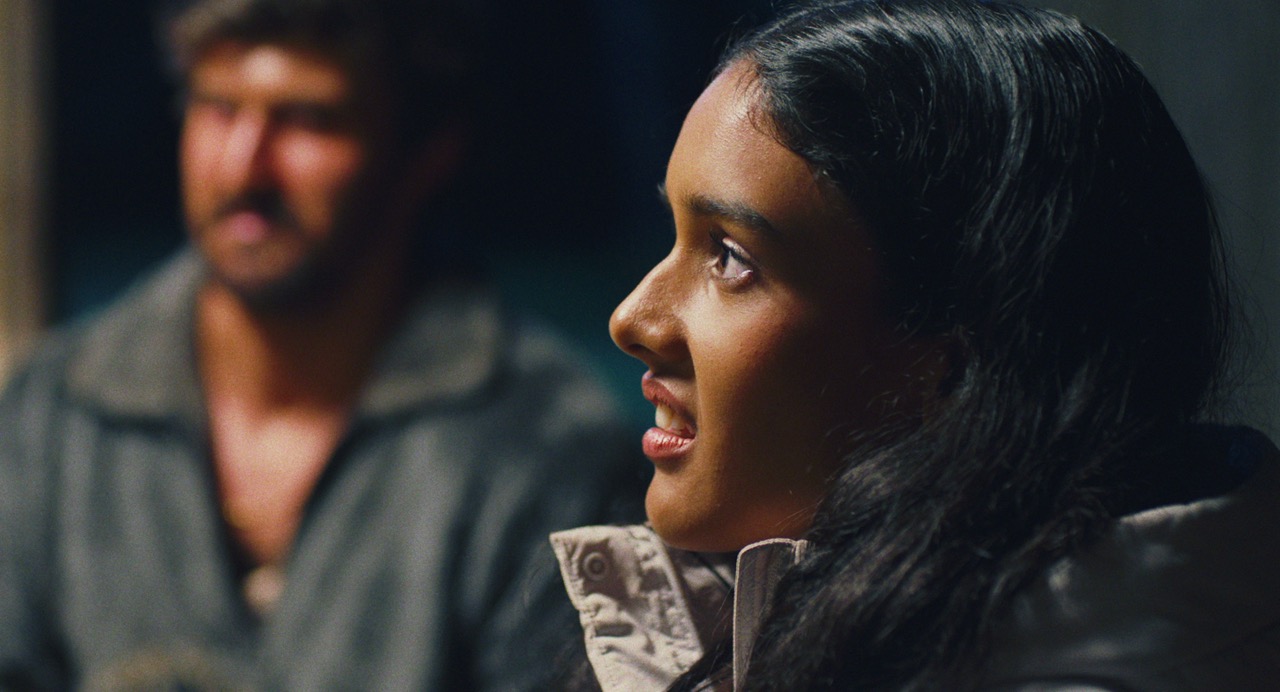
On my initial viewing, I was a bit disappointed. Not because of the film itself, but because of what I was promised on the tin. Despite being marketed as a horror/thriller with a trailer that screamed Wolf Creek (2005), it couldn’t be further away. Luring the audience in on false pretences, what unravels is a unique combination of surreal, anxiety-inducing filmmaking that’s closer to a multi-character drama set against a slasher backdrop.
The slow-paced and complex unravelling of the characters without any real violence was a posthumously appreciated subversion, whose brilliance was only appreciated in the context of the film after watching. The promise of cheap scares only to provide a thought-provoking commentary on Aussie lad culture is deserving of a chef’s kiss. Maybe I’m giving too much credit to the marketing department, but the meta experience of being lured and deceived is either devilishly intentional or a cynical money grab.
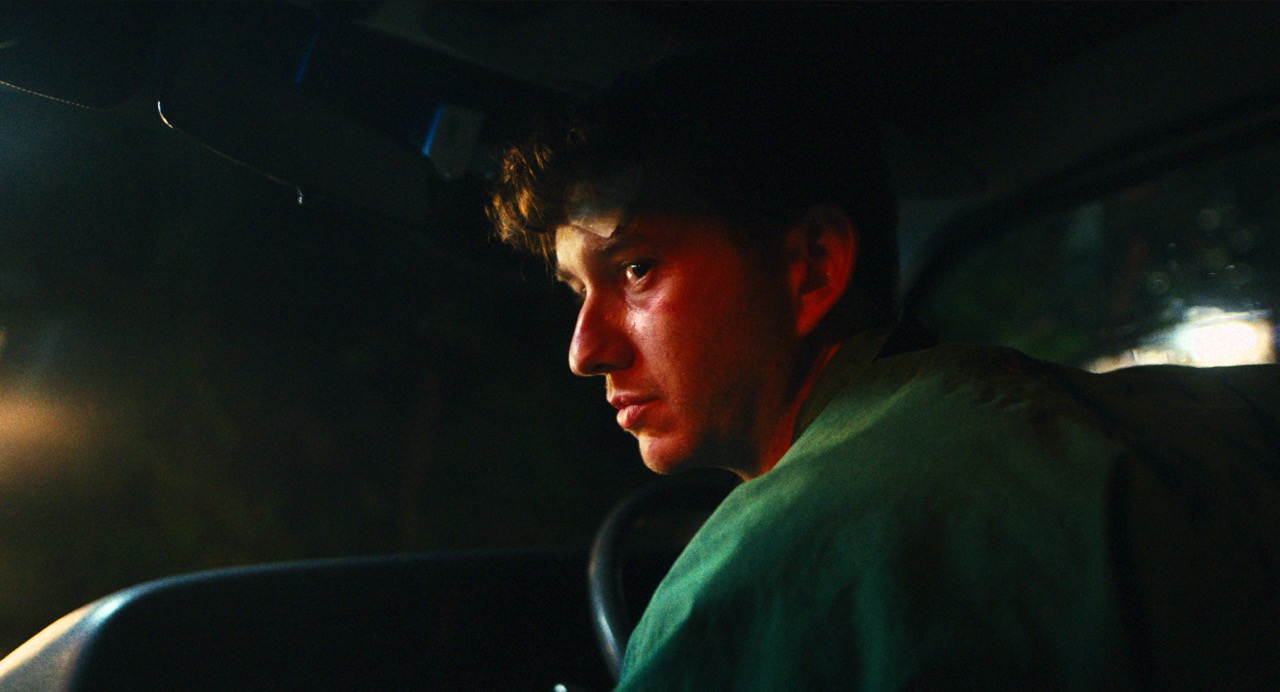
This isn’t helped by the fact that Birdeater develops like a traditional horror film, as the group of twenty-somethings corral at a conveniently isolated location with a growing sinister feeling. In this case, however, the threat is from within. The dinner scene acts like an unravelling jack-in-the-box, pushing the tension as the winding handle presses on. In a usual film, the release of the jack is usually accompanied by a bloody kill and a knife/axe/machete to the heart. In Birdeater, it’s more a revelation of truths.
The audience witnesses the truths that lie beneath the unreliable façade of each group member and sees it all unfold. The real horror of Birdeater isn’t in blood and guts, but in the realisation of manipulation and lies over time. The insidious nature of the deception is the real villain here.
Due to the nature of the film, it would be difficult to say too much about the characters and the revelations therein. However, standout performances must go to Shabana Azeez, who juggles a wildly restrained level of complexity within her character. There is a wonderfully nuanced and subtle performance here that ultimately makes her character’s revelations that much more interesting on a secondary watch.
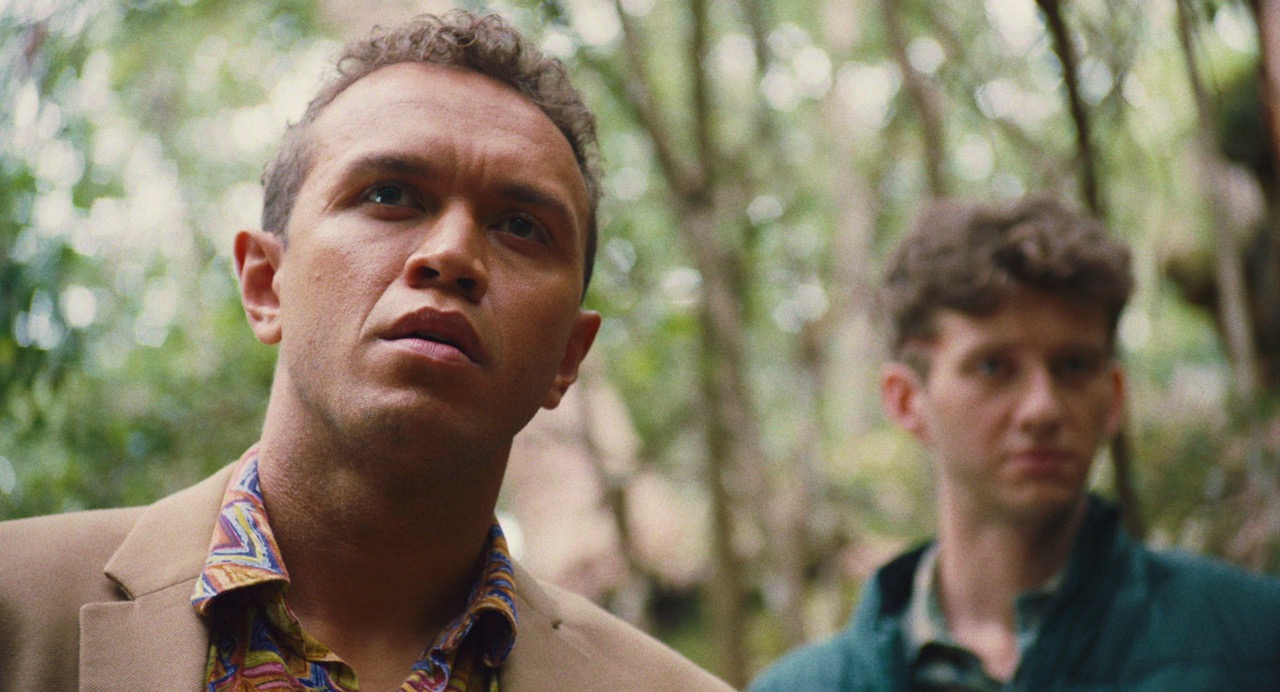
Ben Hunter, as Dylan, also expertly plays the role of the worst person you know. An unbelievably iconic performance, Hunter encapsulates perfectly the hair-trigger unpredictability of the aggressive, menacing machismo that permeates Australian society. From the ketamine in his pocket to a personality built on “parties in Mexico,” you’ve met this guy and done your best to avoid him. Like a kettle on the brink of boiling, the tension he wrings in each scene is outstanding.
Mackenzie Fearnley, as Louie, also performs excellently in the unenviable role of being a horrible human being. Fearnley’s ability to believably shift from meek and mild to manipulative and subtly damaging is unique. Jack Bannister as Charlie embodies the insufferable affluent stereotype of a man deathly afraid of consequence, while Alfie Gledhill as Murph is great comedic relief. Clementine Anderson plays the part of a woman in quiet crisis with ease, and her depiction of the internal struggle to keep it together is great.
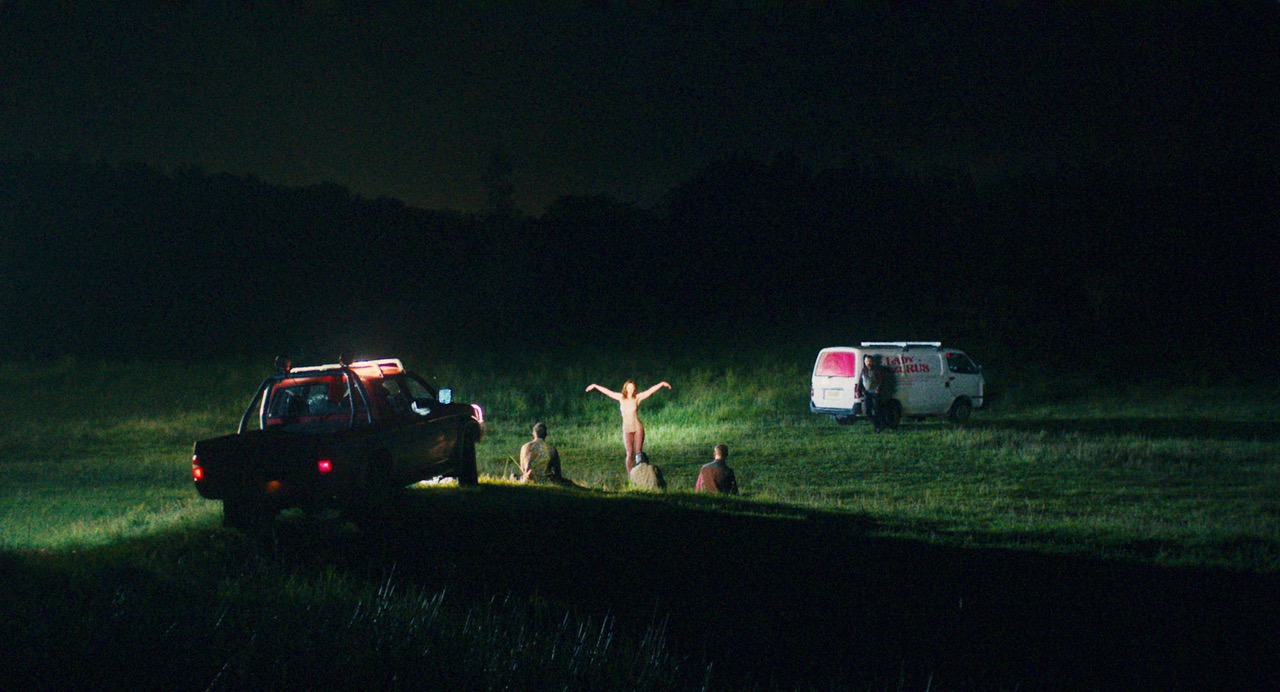
Birdeater is also visually excellent, with beautiful cinematography and composition throughout. Even when the film gets into its messy acid trip moments, it remains coherent and visually appealing, which is a huge achievement for the directors. The surrealist elements suggest a talent beyond the years of the filmmakers, but the film is also ultimately better at what it’s trying to say than what it actually does as a whole product. I expect the directing pair will tighten this up with experience, but unfortunately the drag in places is just too noticeable not to be a knock, even if it’s needed to drive the point home.
A combination of both a light touch and a heavy hand, the filmmakers should be praised for delivering their message in an honest example of show-don’t-tell. The lack of cringe-inducing throwaway lines about “privilege” and “toxic masculinity” are absent here because the film actually puts the work in to ensure you feel those things; you’re not just told about them. There isn’t a self-insert to proselytise as a surrogate for the film’s message; it’s woven into the celluloid of the movie.

I appreciate the conversation that the filmmakers are having with the audience because there is something genuinely important buried within those often carelessly thrown-around buzzwords, most damning in modern media. In Australia, a woman dies every week from intimate partner violence, and the awareness of toxic masculine behaviour has rightfully become a topic of conversation in this country. For that reason, Birdeater importantly reflects the way I think films should deal with these topics by providing an uncomfortable window, or mirror, for reflection without solely preaching from the pulpit.
Fun Fact:
Dylan’s dinner one-take speech was actor Ben Hunter’s first performance with the ensemble. No-one besides the lead Mackenzie Fearnley had rehearsed or performed with Hunter before this point.


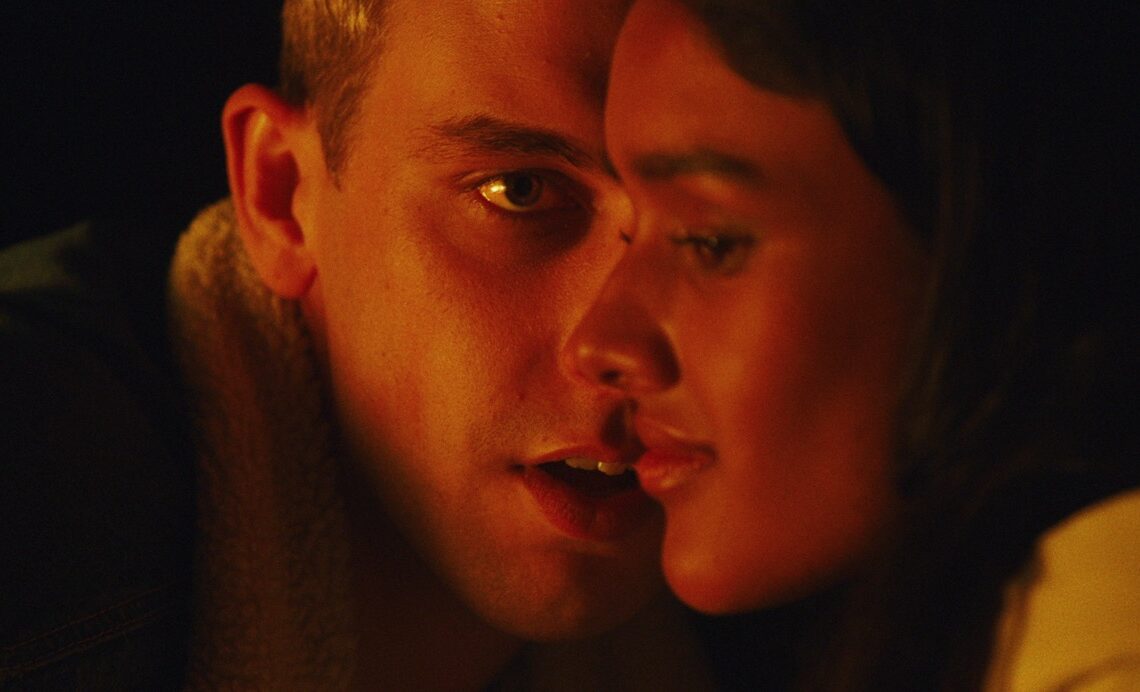

COMMENTS